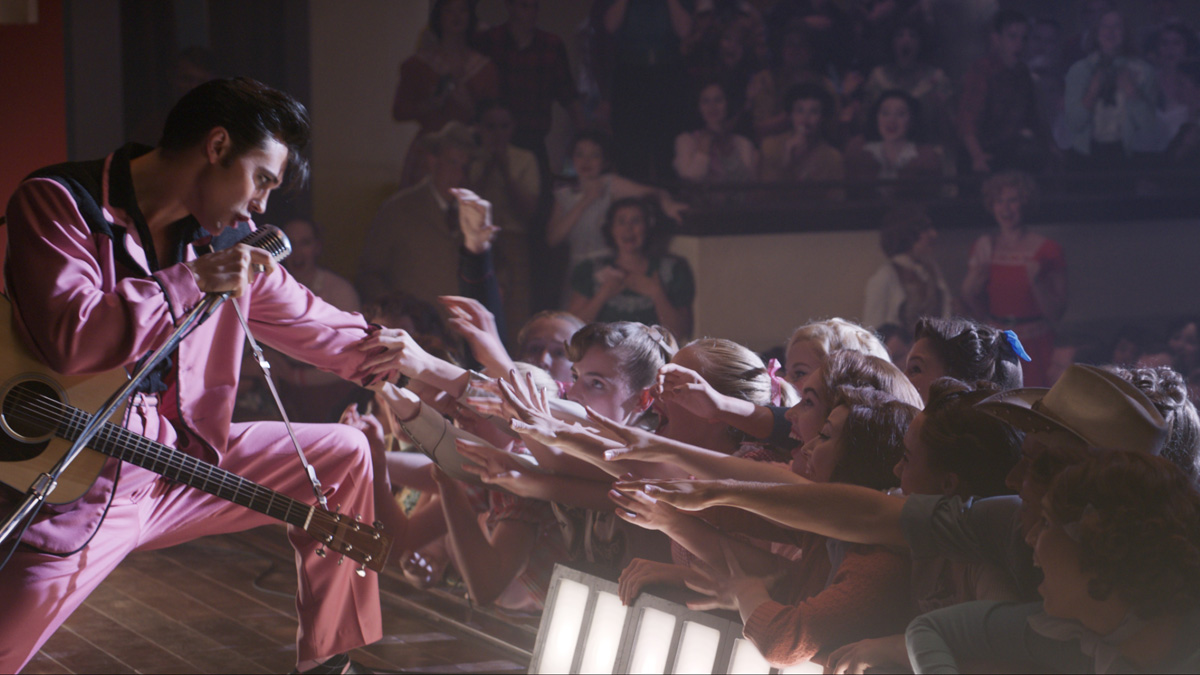
Baz Luhrmann has made a career out of bending time and reality to tell stories with a distinctive melodramatic flair. Moulin Rouge! was full of Parisians circa 1900 singing MTV-era pop songs. William Shakespeare’s Romeo + Juliet featured 20th century American characters speaking in the original play’s 16th century dialogue.
Elvis Presley is one of the most mythologized figures in the American imagination, looming over pop culture via Vegas impersonators and conspiracy theories about his death as much as his music. So one might expect Baz Luhrmann’s Elvis to be about the legend, not the man. But Luhrmann, who began work on the film eight years ago, researched Presley’s life extensively, co-writing the screenplay with longtime collaborator Craig Pearce, as well as Sam Bromell and Jeremy Doner. And though Elvis was filmed in Luhrmann’s homeland of Australia, the director took multiple trips to America to see where Elvis had lived and meet people he’d known before recreating Tupelo, Memphis and Las Vegas down under.
Elvis has earned positive reviews (including ours) for Austin Butler’s uncanny performance as Presley. But how much did Luhrmann twist the truth to tell Presley’s story? We dug into the public record of Presley’s life and career to separate fact from fiction.
[Editor’s note: the following contains spoilers for Elvis, inasmuch as you can spoil the life story of one of the most famous entertainers of all time.]
Did Colonel Tom Parker Meet Elvis Presley at the Louisiana Hayride?
A key early scene highlighted in Elvis’s trailers, in which Colonel Tom Parker sees Presley perform his debut single “That’s All Right” at the Louisiana Hayride and meets the young singer, compresses and simplifies the events of two different nights, several weeks apart.
Colonel Parker checked out Presley at a Louisiana Hayride event in Texarkana, Arkansas on January 15, 1955 on the recommendation of an associate, Oscar Davis. Parker did not meet Presley that night, but soon after reached out to the singer’s then-manager, Bob Neal. Neither Oscar Davis nor Bob Neal is depicted in the film, which suggests Parker stumbled upon Presley himself, and that nobody was managing the singer’s career at that point besides his father, Vernon Presley. The venue was the Texarkana Municipal Auditorium, but Luhrmann’s film sets the event at a carnival, to tie into Parker’s show business roots as a carny.
Three weeks later, Parker saw Presley perform two concerts at the Ellis Auditorium in Memphis on February 6. At a café across the street between shows, Parker spoke to Presley for the first time, in a meeting with Neal and producer Sam Phillips (so the movie’s scene of Parker and Presley on a Ferris wheel definitely never happened). Quickly, a business partnership was initiated that would last decades and generate hundreds of millions of dollars. But Parker would not become Presley’s sole manager until a year later, when a road-weary Neal opened a record store and bowed out of renewing his contract with Presley.

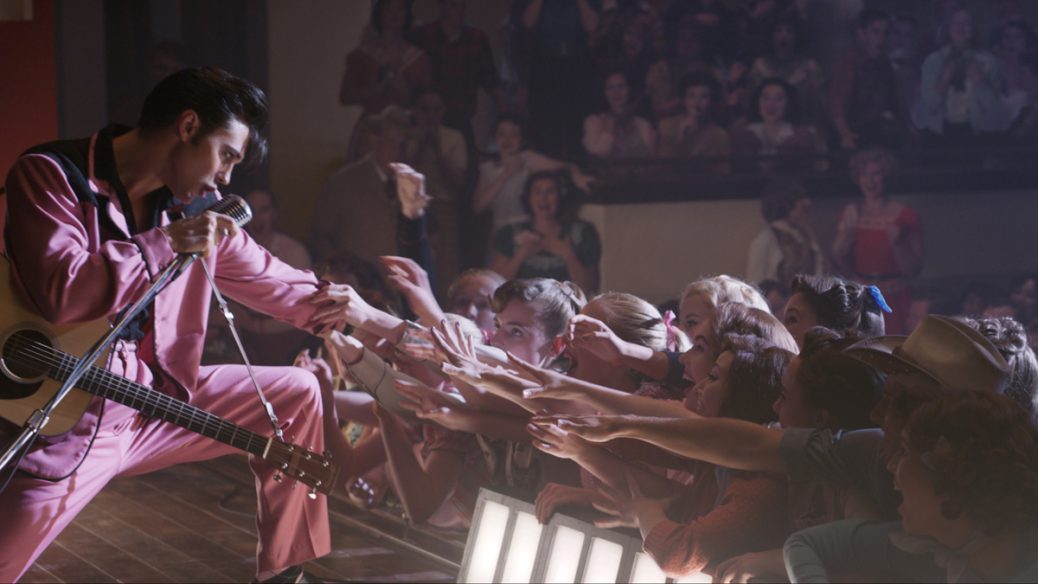
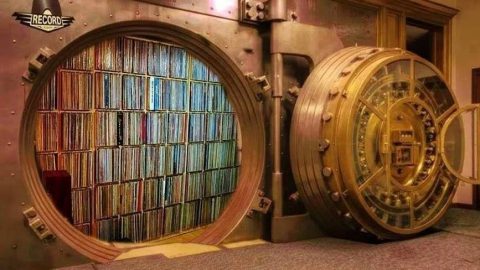
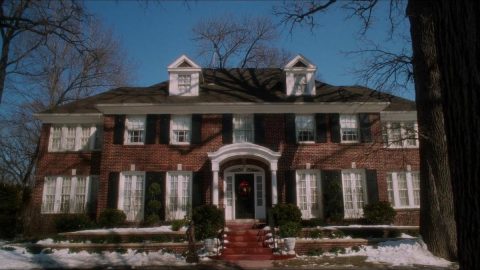
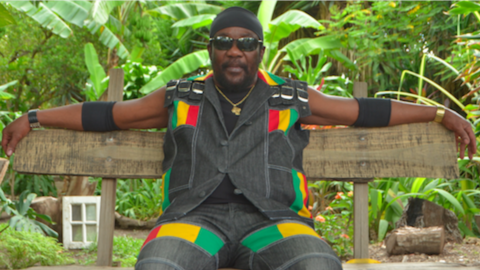
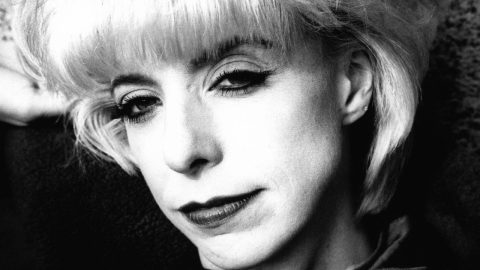
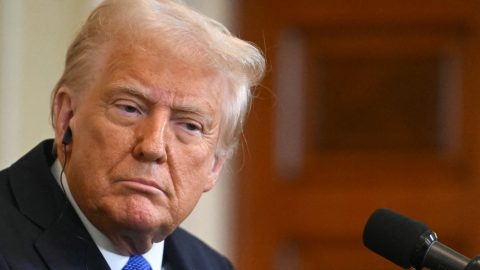

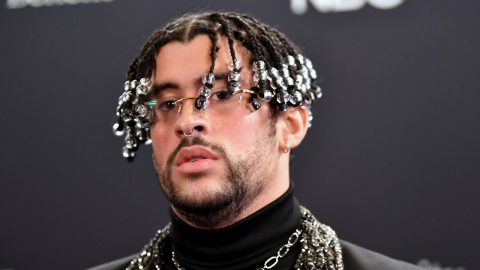
Recent Comments